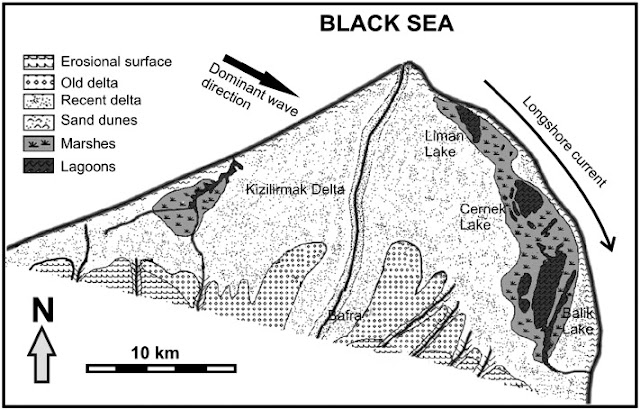Coastal Erosion in Turkey

In the northeast of Turkey, the Eastern Black Sea Region has been exposed to severe coastal erosion and shoreline recession for the last 30 years. Manmade activities are one of the most critical reasons for this problem. This coastal imbalance was due to commercial and municipal sand mining. Another cause which contributed to this coastal imbalance was the construction of a highway near the shore. This project used fill soil close to the coast. Wave energy increases by reflected waves along these slopes and causes a littoral sediment transport. Finally, the other important reason for erosion and recession is also manmade, pertaining to incorrect site selection and planning and design of coastal structures such as harbors and fishery harbors, for example. Possible remedies to re-establish beaches are being investigated and some design criteria changes have been presented to change various engineering structures to fortify these coa...

